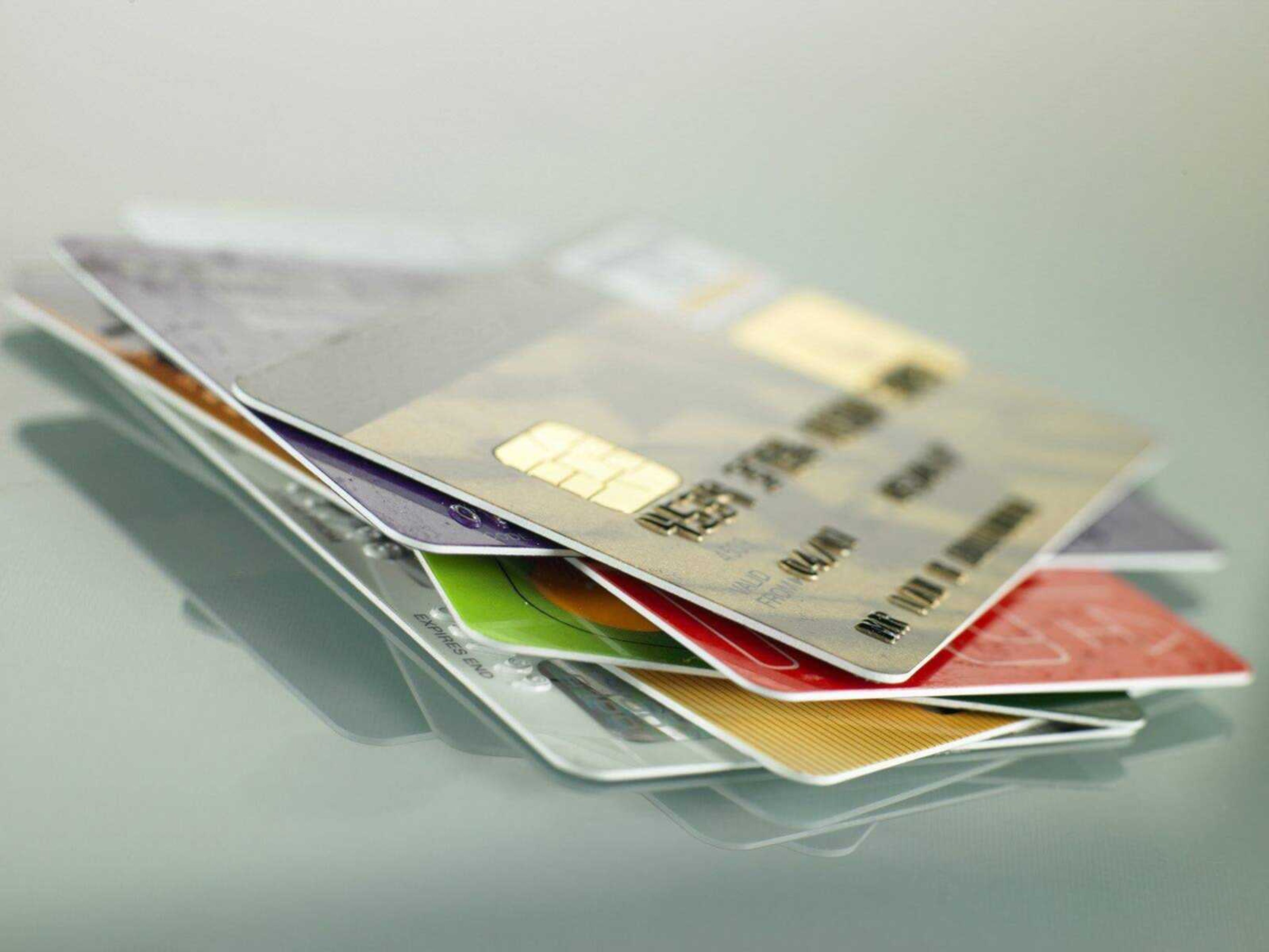Paying with plastic: Credit card choices for the college-bound
NEW YORK -- Parents of college-bound students, take comfort. It should be harder for them to run into trouble with credit cards. As part of the wide-ranging credit card reforms that took effect this year, anyone under 21 now needs a co-signer to get an account. The exception is if applicants can prove they have the means to cover payments on their own. The new restriction means parents will have more say in their teens' finances. With that in mind, a look at the options...
NEW YORK -- Parents of college-bound students, take comfort. It should be harder for them to run into trouble with credit cards. As part of the wide-ranging credit card reforms that took effect this year, anyone under 21 now needs a co-signer to get an account. The exception is if applicants can prove they have the means to cover payments on their own. The new restriction means parents will have more say in their teens' finances. With that in mind, a look at the options.
Credit Cards
When kids are far from home, parents may feel a credit card is essential for emergency situations. But if used responsibly, credit cards can also help teens build a strong credit profile.
On the flipside, co-signing for a credit card means any negative marks on the account -- such as late payments or delinquencies -- will be noted on the credit profiles of both parties.
That said, adult co-signers get certain controls. To start, they receive monthly statements and other communications. Their authorization is also needed before the credit limit on the account can be hiked. So teens can't jack up their spending power on the sly.
Another new safety valve: Card holders now have to opt in for over-the-limit coverage. Previously, banks just continued approving charges and slapped the account with a fee of about $35 for every transaction that went beyond the credit limit.
Now, charges will be denied at the register unless overdraft coverage is selected. That means that even if teens go on spending sprees, the damage can be capped by the credit limit on the card. Another option is to add teens as authorized users to an existing account. The concern here, of course, is if the card has a high credit limit there's the potential for greater unchecked spending.
A misplaced card could also cause headaches if the account needs to be frozen while new cards are issued. Parents who have American Express cards have a unique option in this situation. The company offers a feature that lets card holders set and tweak spending limits for any additional cards issued on an account.
So if your teen is an authorized user, you could go online at any time to raise and lower the spending cap on the additional card as you see fit. Charges are also listed separately on statements to make it easier to track spending, and additional cards come with separate identification numbers in case they're lost or stolen.
Debit Cards
If you don't think your teen is ready for a credit card, you can always stick with a debit card linked to a checking account. You'll need to co-sign for the account if your child is under 18. At Chase, parents can set up e-mail or text message alerts to be notified whenever there's a transaction that goes over a certain amount.
If your child isn't great at keeping track of balances, be sure to call your bank and opt out of overdraft coverage too. Banks typically charge $35 or so for each overdraft, regardless of how small the violation. And charges can pile up quickly if multiple overdraft charges are made in a day. As of this month, new customers need to give their consent to be enrolled in overdraft coverage. The same will be true for existing customers starting Aug. 22.
Prepaid Cards
These cards are now widely available at drug stores and bear the MasterCard, Visa or American Express logo. They're generally issued by smaller companies, but can be registered online so users can review transactions and balances as with bank accounts. The catch is that they can come with a long list of fees. The full schedule of fees might not be disclosed on the packaging either, so go online and search for the card's terms before making any decisions.
You might find the ATM fees alone are enough to ditch the idea. Besides the fee charged by the card issuer, the bank that owns the ATM will likely charge a fee of about $2.50 as well. So each cash run your teen makes could end up costing around $5 or so. It should also be noted that prepaid cards don't come with the same protections as credit and debit cards. With the latter, your liability for lost or stolen cards is capped by law.
Still, you might want to use prepaid cards as a way to give kids a fixed amount of emergency cash. Just be sure to shop around for one with low fees. On top of the fees to reload the card, some cards charge fees if you make purchases with a PIN number rather than a signature. There may also be surprising fees, such as a $1 per minute charge to speak with a customer service representative.
Connect with the Southeast Missourian Newsroom:
For corrections to this story or other insights for the editor, click here. To submit a letter to the editor, click here. To learn about the Southeast Missourian’s AI Policy, click here.






